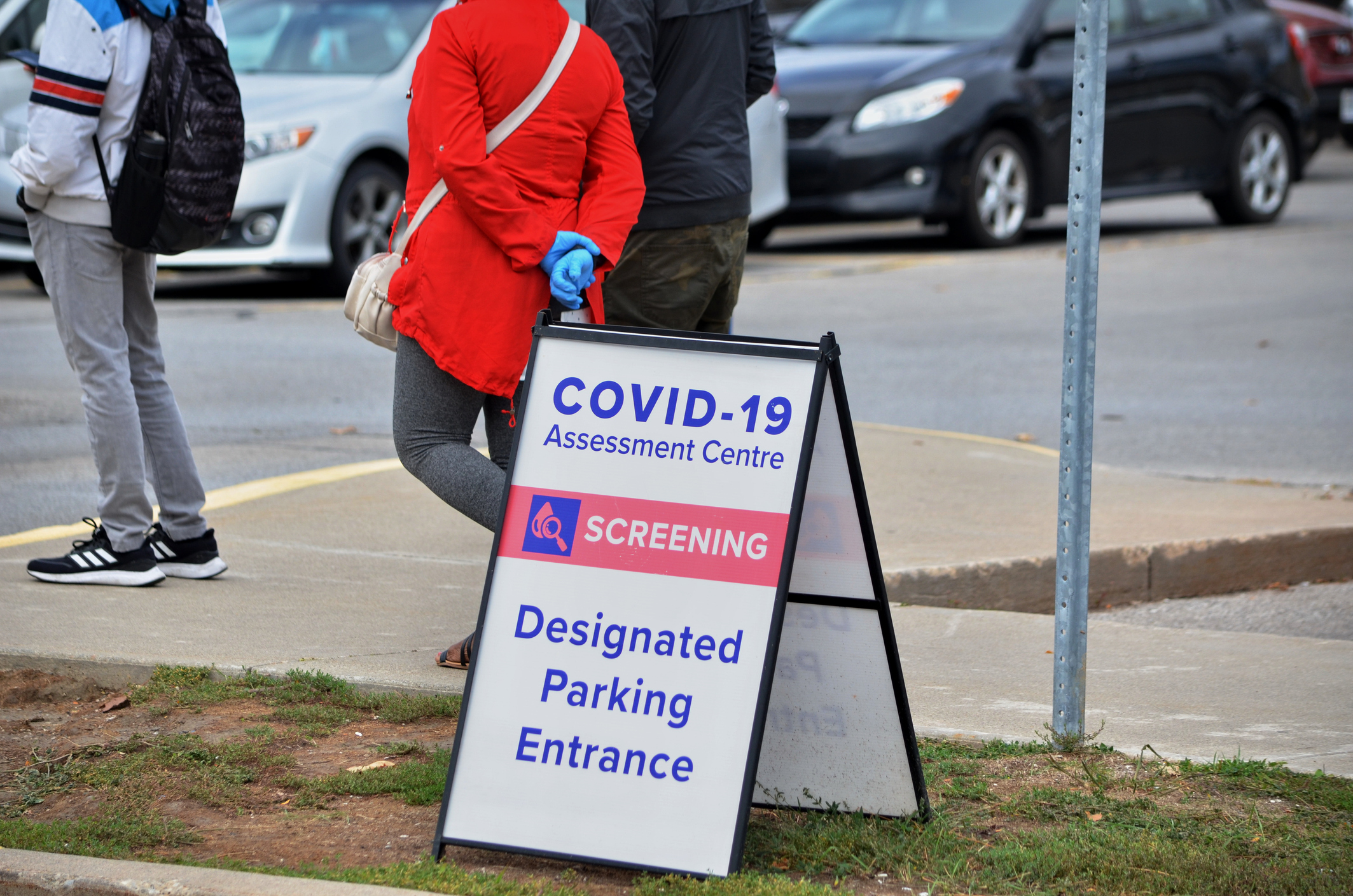The COVID-19 pandemic has resulted in significant inequities in terms of health and social outcomes, and magnified stressors such as increased risk of exposure to and illness from COVID-19, job loss, and housing and food insecurity. These stressors have been particularly felt by already marginalized groups, including those from racialized communities, and there is evidence of accompanying negative mental health impacts. There is a need for increased understanding of how health systems and communities can prepare for the long-term mental health impacts of COVID-19.
The Mental Health Commission of Canada partnered with Wellesley Institute to study the impact of COVID-19 on the mental health and well-being of racialized working-age adults living in the Greater Toronto Area. The qualitative research focused on experiences of people from racialized communities as well as representatives from community organizations, to explore the pressures people are facing, the mental health supports and services that they need, and ways to support resilience beyond the pandemic, using upstream approaches.
